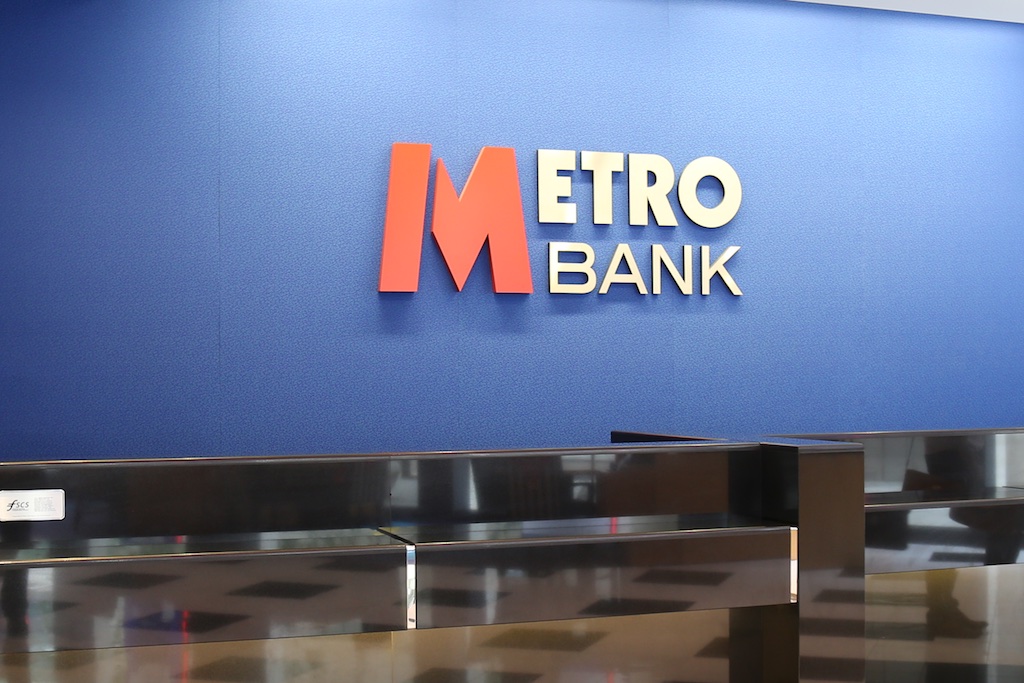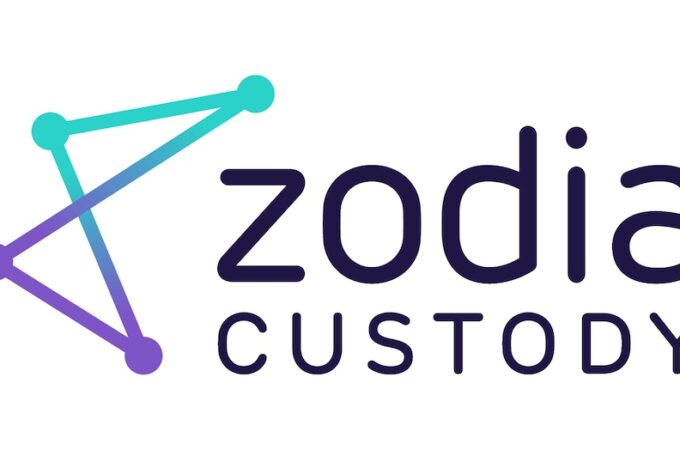
Zopa, UK P2P Lender, Partners With Metro Bank
By Tom Groenfeldt for Forbes
Zopa, the world’s first person to person (P2P) lender, recently signed a deal with Metro bank, a challenger bank in London started by Vernon Hill, who created Commerce Bank in the U.S. Metro.
The Metro partnership will provide Zopa with additional funds to lend, said Giles Andrews, Zopa’s co-founder and CEO.
“This will allow the bank to lend its funds on our platform, a first of its kind in the UK,” wrote Zopa’s Mat Gazeley “This exciting development in the UK’s financial services industry is the first partnership between a UK P2P platform and a retail bank. The move will see Metro Bank receive a return by lending millions of pounds each month directly to UK consumers through Zopa.” Zopa had previously announced a deal with Uber to help drivers buy their own cars.
From 2008 until relatively recently, Zopa could support its growth of 80 to 100 percent a year with retail funds, but more recently it has pursued institutional funds to meet lending demands.
“We have a blend of both; I want to maintain retail flavor to our brand,” explained Andrews. “Metro is very good at getting deposits but it is very focused on the asset side.”
Metro runs more like a customer-friendly retailer than a traditional bank. It is open 7 days a week, 362 days of the year. Each branch has a free coin counting machine and welcomes dogs with bowls of water and dog treats. Bikers can ride directly up to the tellers — no need to lock the bike outside. (Hill explains his almost obsessive customer focus in a fascinating short book, “Fans, Not Customers: How to Create Growth Companies in a No Growth World”.)
The alliance between Zopa and Metro will provide the lender with the funds it needs and attractive returns for Metro.
Zopa, got started in 2004 as an investment vehicle, added Andrews.
“We launched the business to solve a problem for retail consumers — they don’t have much to do with their money. In the UK, people don’t like stocks and shares.”
Although the lender started with a retail focus, it has shifted to a blend of individual and institutional money, but its focus on individual savers/investors is clear on its Web site.
“ A person who started investing £50 a month at the age of 25, would have built up capital of over £75,000 by the time he came to retire at age 65,” the company explains.
It cites the example of Alan Brusby from East Yorkshire who has invested in loans through Zopa for years.
“He understands that there is more risk attached to P2P lending than putting money in a savings account, he has not been badly affected by bad debt. ‘I have made hundreds of loans, and there are maybe three or four people who haven’t paid me back,’ he says. Zopa makes a lot of financial sense because the returns on bank deposit accounts have been so low since the credit crunch, Alan adds. “Most accounts are just paying 1 percent or 1.5 percent, which is incredibly low.”
Zopa, has made $1 billion in loans with a default rate of less than .5 percent, the company says.
Unlike some of the American online lenders, Zopa has never let institutions perform their own credit analysis on lender, Andrews added.
“When we started engaging with institutions we didn’t let them pick loans — we think that is what you pay us for. We think we are brilliant at managing the credit list. If you were capable of adding value, if you take away the good stuff, what you leave behind is worse and that hurts the retail guys. I think cherry picking has been reduced in the U.S. because the regulators don’t like actions which hurt the little guy.”
At a P2P meeting in February Andrews predicted that 2016 will see the first UK securitization of P2P loans.
First appeared in Forbes





